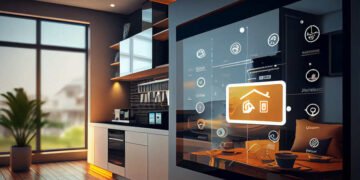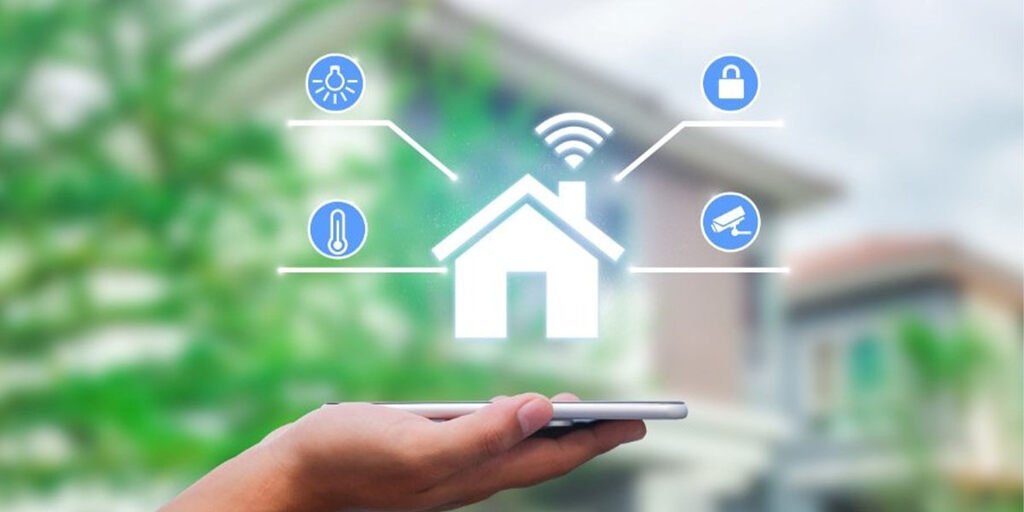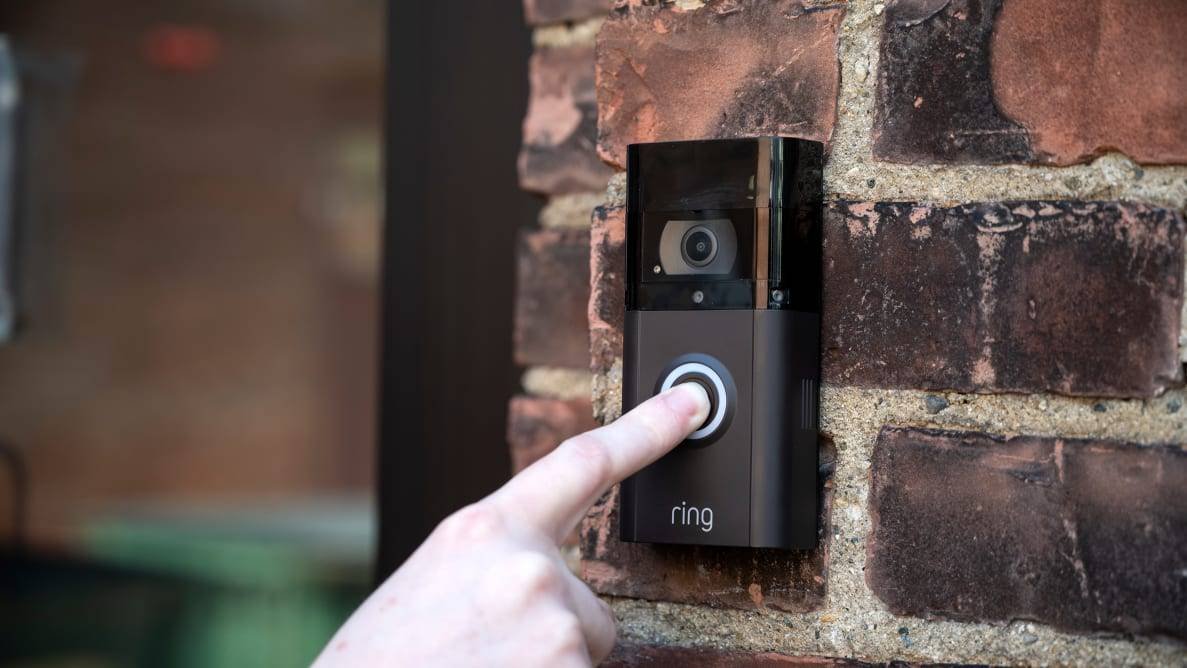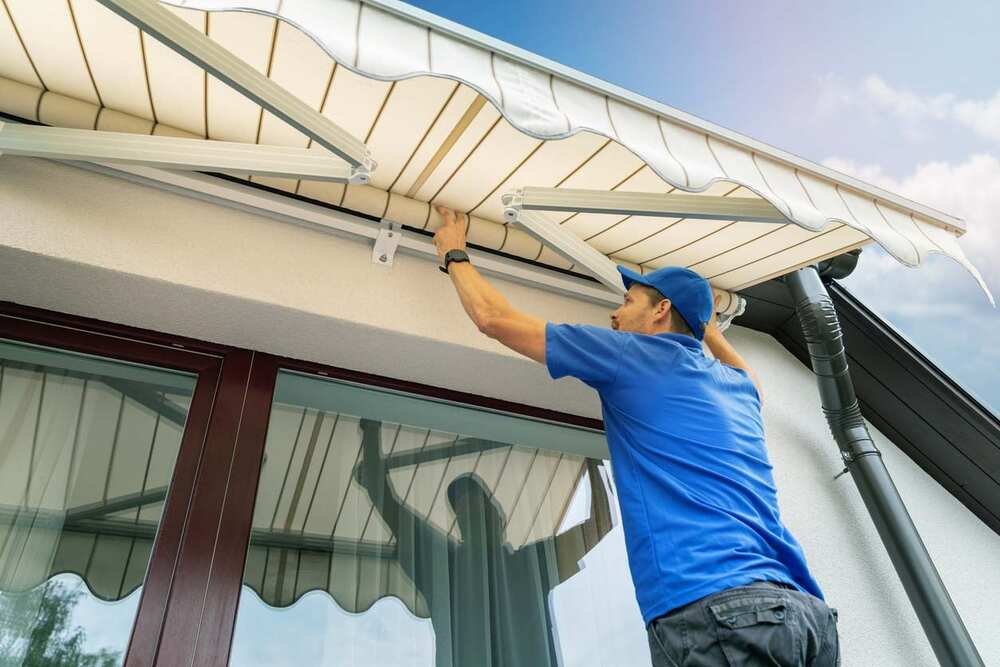The rise of smart devices has propelled the market of smart homes, and it is expected to reach over $205 billion by 2026. Convenience, security, efficiency, and sustainability- are a few reasons why smart homes can be expected to be the future of housing.
Different technologies power these smart homes, including IoT.
How Can IoT Benefit Smart Homes?
The Internet of Things, IoT for short, is a network of interconnected devices fitted with sensors and software that enable them to exchange data with other systems and devices over the internet. Technology has revolutionized the way we live and work, and it’s now transforming the way we manage our homes.
From smart coffee machines to smart cars, the potential of IoT to transform the way houses and cities operate is endless. Smart homes, which use IoT technology to automate and control various systems and devices, are becoming increasingly popular, as people seek greater convenience, comfort, and security in their homes.
What Actually are Smart Homes?
Since Smart homes are powered by smart devices, the main distinguishing feature of Smart homes is that they use a combination of connected devices, sensors, and software to control lighting, heating and cooling, security systems, and even appliances.
Homeowners can control these systems remotely, using their smartphones or voice-activated virtual assistants like Amazon’s Alexa or Google Home. It means that they can adjust the temperature, turn on the lights, and even start the coffee maker from anywhere, at any time.
What are the Benefits of Smart Homes?
Smart homes are powered by smart devices, which can be controlled from anywhere and at any time via the Internet. That means, as long as you have a mobile phone and a stable and reliable internet service like Kinetic Internet, you can switch off the light you forgot to turn off at home when leaving for the office. Or you can check up on your pets via the smart security system installed by Sydney Electrical Service, their expert technicians specialise in the installation and the service of security products such as security alarms, CCTV systems, intercoms, access control, IoT and Building Automation at your smart home.
All of this offers numerous benefits, including
1. Convenience
One of the key benefits of smart homes is convenience. With smart home technology, you can control your home from anywhere in the world, using just your smartphone or tablet. You can also automate various systems and devices, such as lighting and heating, so that they turn on and off at specific times or in response to certain conditions, like when you leave or enter your home. This can also help you save energy and reduce your monthly bills.
2. Security
Smart homes are also more secure than traditional homes. With connected security systems, you can monitor your home from anywhere, and receive alerts if there are any security breaches. You can also use smart locks and smart cameras to control who has access to your home and keep an eye on your property when you’re not there.
3. Improved Quality of Life
Another advantage of smart homes is that they can improve your quality of life. For example, smart lighting systems can be programmed to change color and brightness according to your mood or schedule. Smart heating and cooling systems can learn your preferences and automatically adjust the temperature in your home, so you always feel comfortable. And smart appliances can be controlled and monitored remotely, which makes cooking, cleaning, and other household tasks easier and more convenient.
Challenges in Smart Homes
Like every tech innovation, smart homes also come with different challenges. One of the biggest challenges is compatibility, as different smart home devices use different technologies and protocols, making it difficult for them to work together seamlessly.
There are also concerns about data privacy and security, as many smart home devices collect and store sensitive information, such as your home’s energy usage and location. That isn’t to say that smart homes are bad. The challenges that exist are far less than the benefits offered, and the only wise solution is to tackle the hurdles and use the technology in a better way.
To ensure that the benefits of smart homes are maximized and the risks are minimized, it is important for homeowners to choose their devices carefully and only purchase devices from reputable manufacturers. They should also take steps to protect their data privacy and security, such as using strong passwords and regularly updating their software.
The Future of Smart Homes
Given that most buyers prefer houses that have smart devices, the future of smart homes looks bright. There are some key trends we can expect to emerge in the smart home market, such as:
1. Improved Integration
Having several different apps for different devices at your home is one of the inconveniences that are being addressed. Thus, smart home technology is moving towards an enhanced integration system with a Wi-Fi motion system, enabling the devices by motion inside your house.
So, for instance, if you are leaving your house, and the Wi-Fi motion sensors detect your movement, it will command your smart thermostat to adjust its settings and save energy.
2. Touchless Technology
From buttons to touch screens, the technology is now going touchless, with the future smart devices coming out with the capability to be controlled by sound, motion, the blink of an eye, and even your thoughts!
3. High Level of Customization
Customers now demand everything according to their preferences and needs. And that is where the future of smart homes is going. For every house layout and user preference, the devices will have to adjust themselves to maximize the satisfaction of every owner. Thus, standard off-the-shelf solutions won’t remain enough.
Conclusion
The rise of smart homes is transforming the way we live and manage our homes. With the convenience, comfort, and security they offer, it’s no wonder that more and more people are choosing to upgrade to a smart home. With the right technology and a commitment to data privacy and security, the future of home automation is looking bright.
Recommended Posts:















